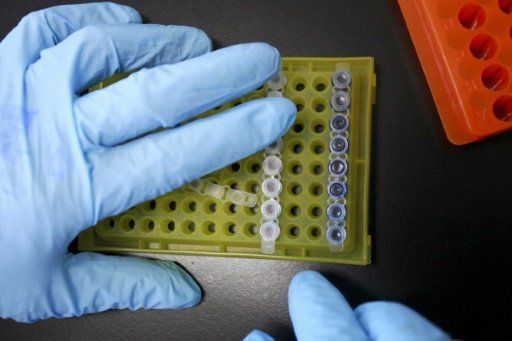Chinese scientists used an adapted version of a controversial gene-editing technique to correct a disease-causing mutation in human embryos, a medical first cautiously hailed by other experts Thursday.
The team used a so-called “base editor”—an adaptation of the CRISPR-Cas9 DNA snipping tool—to correct a single, mutated “letter” among about three billion in the intricate coding of the human genome.
The targeted mutation can cause humans to be born with beta-Thalassaemia, a potentially fatal genetic blood disorder.
Read more
